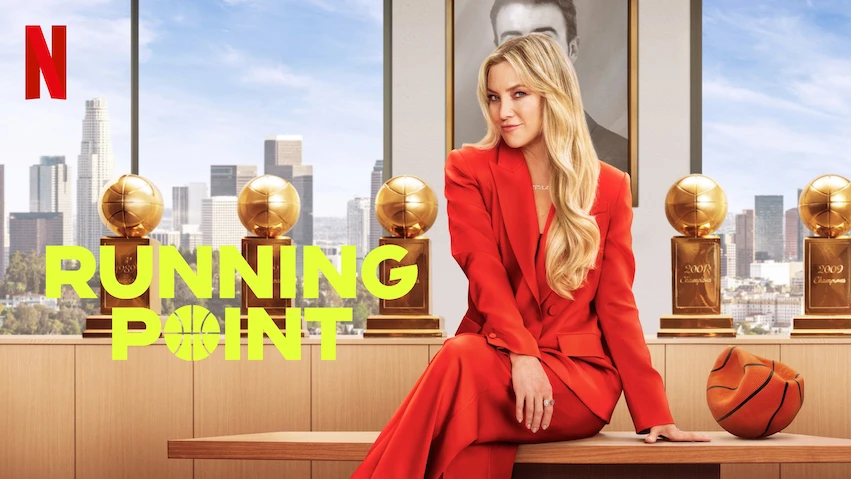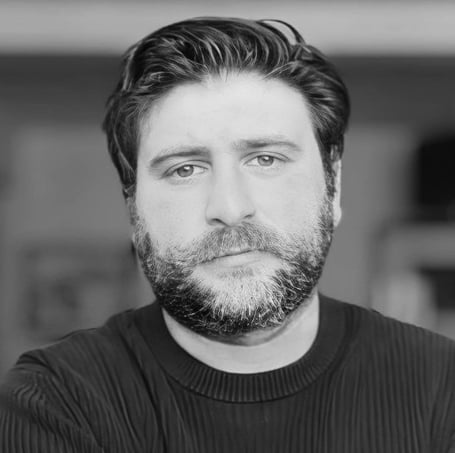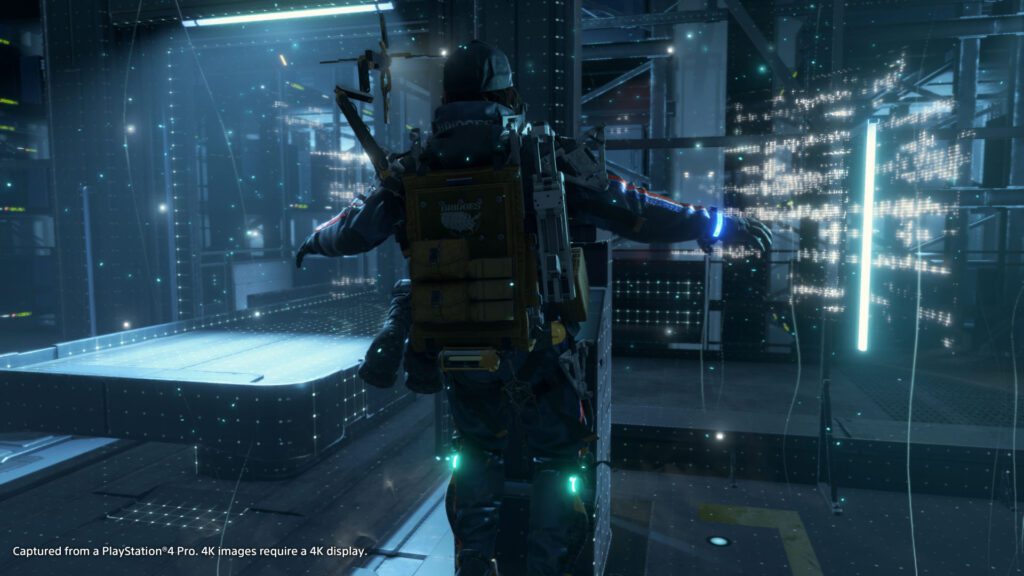Argentina has been through some pretty bad times over the past few years. Beset with soaring interest rates, an ongoing recession, deteriorating consumer confidence, double-digit unemployment rates (at press it was 15%) and political tensions, Argentines are a bit glum and tight with their pocketbooks these days. Even the national soccer team — pride and joy of this “football”-obsessed country — found a way to disappoint the country when it lost during the first round against Sweden at the 2002 World Cup. The outlook has been dreary as the population searches for a reason to cheer.
Remember that the ’90s presented Argentines with everything a free market economy could offer. Pegging the peso to the dollar stabilized their currency. Previously inflation was so bad that advertised prices would skyrocket before you could get to the supermarket. Price discounts? Forget about it. But by 1991, price-off promotions were not only doable, they were “fresh” and “fun.” People looked forward to new and better promotions. Result: promotion spending boomed — in fact, look at the winners from the 1991-1998 World PRO Awards program and you’ll see that many of them were Argentine (including 1998’s “Best Promotion in the World”).
The bubble burst in 2001 with the World Trade Center tragedy, the destabilization of the currency and a slew of political problems. These factors dealt Argentine marketers and the economy a full body blow. Gone were the marketing mega-budgets and glitzy advertising campaigns. Suddenly, Argentine marketers — like their American neighbors 7,500 miles north — had to tighten their belts and come up with new ways to promote their products and services. The good news? Research shows that while ad budgets continue to sink in Argentina, below-the-line activities such as promotion and direct marketing are clearly on the upswing. Just as has always been the case, when the chips are down, below-the-line campaigns rise to the surface as the way to maximize a marketing investment. Sitting in the sidelines and waiting for change won’t get you anywhere.
This summer, Nestlé did its part to help restore consumer confidence and offer hope for the future by giving Argentines easy access to something just about everyone could use — a new house and thousands of dollars’ worth of free groceries from dozens of product categories. The key was not just giving one house away, but giving away seven houses (value: roughly US$27,000 each, which gets you a one bedroom home in the city or a three-bedroom home in the suburbs) in as many weeks via a national sweepstakes.
Heavily publicized public drawings were held in May, June and July (coinciding with the Argentine winter when everyone can use a pick-me-up). The promotion clicked because the prizes were relevant and entering was easy. The Familión Nestlé (“The Big Nestlé Family”) campaign involved every brand under the Nestlé umbrella in Argentina (44 in all) — the first time the company had ever attempted to launch a promotion on such a large scale. Buenos Aires-based McCann was the lead agency; Promocionar Momentum and Universal Media supported.
Argentines who were at least 21-years-old got in by collecting any four proofs of purchase (labels, caps, product packaging, etc.) from any Nestlé product and putting them — along with name, address, age and telephone number — in envelopes in ballot boxes located at more than a thousand post offices and 300 supermarkets nationwide. Nestlé printed more than 1.5 million envelopes and gave them away for free at supermarkets to facilitate participation, and because it partnered with Correo Argentino (the Argentine Postal Service), postage was free. The brand also partnered with the Abasto de Buenos Aires shopping mall (the largest mall in the country), which constructed and displayed a huge 36-foot crystal ballot box in the middle of its food court. You couldn’t miss it or the hoopla each time a winner was announced.
Ads support promotion
Next, Nestlé enlisted the services of a popular TV actor to be the promotion spokesperson and kicked off the program with a series of teaser TV and radio spots two weeks before the launch date. “We wanted to bring a smile to people’s faces which is why we chose a well-known and funny actor who would appeal to everyone,” according to Hugo Cucarese, director of communications and marketing services for Nestlé Argentina. Research indicated that the TV spots “were among the 10 most remembered during the promotion period.”
All communication elements told consumers to “get ready to collect Nestlé proofs of purchase because a huge promotion is coming.” Once the promotion hit, TV ads told consumers how to participate. When the winners started rolling in, the brand launched a series of special TV spots that showcased the hundreds of weekly winners. Magazine and billboard ads, events, sampling and online promotion offers supported. Weekly winners were published on www.nestle.com.ar.
“The campaign was one of the largest promotions we’ve run to date. We received more than 807,000 envelopes, each of which contained four proofs of purchase. We were extremely pleased with the results and saw an increase in sales of between 10% and 20% in certain product categories,” says Cucarese, who was quick to point out that “our primary objective was not just to increase sales, but to get consumers to recognize that our products represent a variety of different categories, including foods, beverages, breakfast cereals, chocolate, ice cream, pet foods and mineral waters.” The brand is already planning its next “Nestlé family” program.
It looks like the incredible spirit of the country that brought us the tango will once again win out. The second half of the year is looking better in Argentina as the economy slowly begins to stabilize and more money is put towards marketing budgets. Argentines are feeling more optimistic about their futures. And why not? When the future can include the possibility of winning a new house or free groceries for a year, what’s not to cheer about?
Amie Smith Hughes writes about innovative marketing campaigns that take place outside the USA. Got a story idea? Send details to [email protected].
 Network
Network

